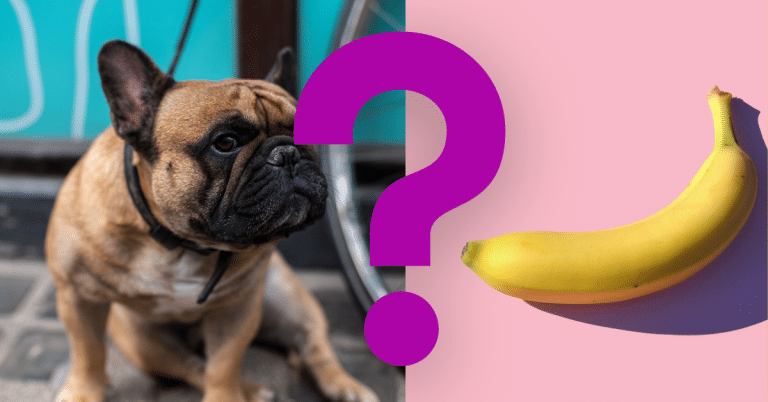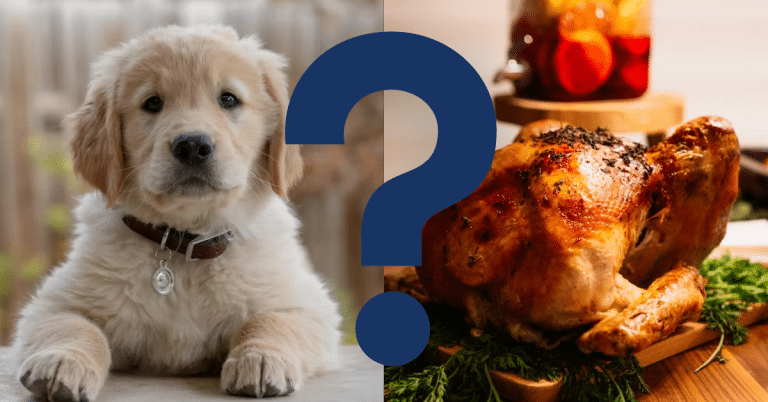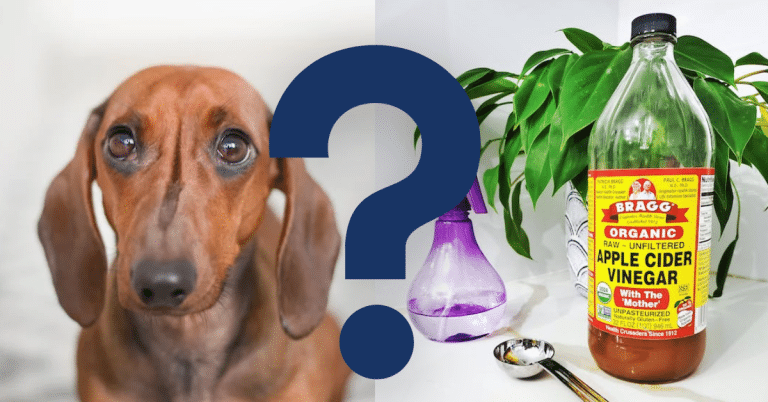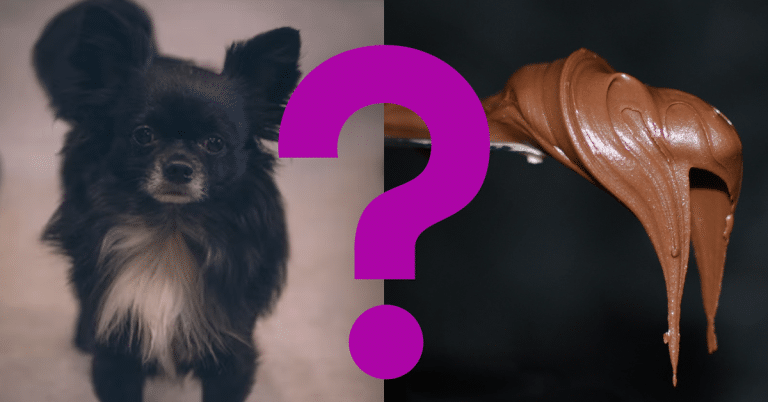Can Dogs Eat Cornflakes? A Vet’s Opinion

Made from cooked, flattened, and toasted cornmeal, cornflakes are a type of breakfast cereal typically served with milk. But can you feed cornflakes to your dog?
Dogs can eat cornflakes, but they don’t provide much nutrients. Small amounts given sometimes as a treat might not be harmful, but it’s important to steer clear of flavored or sugary varieties as they might cause stomach distress. However, the preservatives and carbohydrates in cornflakes are bad for a dog’s digestive system. More suitable treats that are made especially for dogs should be given to them to maintain a balanced diet and ward against future stomach problems.
Benefits of Cornflakes for dogs
Even though they are safe in moderation, cornflakes don’t provide dogs with many nutritional advantages. Cornflakes don’t supply dogs with the animal protein and lipids they need in their diet, which is what they should be eating mostly. But when consumed in moderation, everyday cornflakes might have the following minor advantages:
Fibre Content
A small amount of fiber can help with moderate gastrointestinal problems and aid in digestion when added to cornflakes. But dogs’ stomachs can also become disturbed by too much fiber.
Low Sugar and salt
Compared to other cereals for humans, plain cornflakes usually contain less sugar and salt, making them a safer option for occasional intake. But because they contain a lot of sugar, flavored or sweetened types should be rigorously avoided as they might cause dental problems, diabetes, or weight gain in dogs.
Texture Diversity
Occasionally giving a dog a tiny serving of cornflakes as a treat can introduce various textures and flavours, thereby bringing diversity to their diet. It shouldn’t take the place of their usual meal, but it can be a special treat.
The main issue with feeding cornflakes to dogs is their inadequate nutrition, even with these small advantages. Cornflakes don’t provide the critical fatty acids, animal-based protein, vitamins, and minerals that dogs require in a balanced diet. It’s important to keep in mind that dogs’ digestive processes differ from ours. Over time, feeding them human food regularly may cause nutritional deficits or intestinal problems. It is preferable to choose goods made especially for dogs when it comes to supplements or snacks. It’s always advisable to speak with a veterinarian about your dog’s diet and any modifications to make sure their nutritional demands are satisfied without endangering their health.

How to safely give Corn flakes to dogs
Given that dogs’ nutritional demands differ from those of people, it’s important to proceed cautiously when it comes to feeding them cornflakes. Dogs cannot be poisoned by cornflakes per se, but if eaten improperly, they have little nutritional value and may cause stomach problems. This is a secure method for giving your dog cornflakes:
Plain and Small Portions
Opt for plain cornflakes that haven’t had any sugar, salt, or flavorings added. Serve a meager amount as a treat instead of a part of the meal. Reduce the size of the flakes to avoid any choking problems.
Combining with Regular Food
If you would like to add cornflakes to your dog’s diet, you might want to occasionally sprinkle a small handful of plain flakes into their regular dog food. But watch how they respond to make sure it doesn’t upset their stomach.
Moisten the Cornflakes
Lightly wet your dog’s cereal with water or a low-sodium broth before feeding them. This can lessen the chance of choking and make them easier to digest.
Moderation and Observation
Watch how your dog responds to cornflakes. Keep an eye out for any indications of gastrointestinal distress, like nausea, vomiting, or diarrhea. In the future, refrain from feeding cornflakes if any negative reactions happen.
Veterinarian Consultation
See your veterinarian before giving your dog any human food, including cornflakes, in their diet. They can provide advice that is tailored to your dog’s health, dietary needs, and any allergies or sensitivities.
Recall that although cornflakes might not be immediately harmful, a dog shouldn’t regularly consume them. Dogs need a well-balanced diet that consists mostly of animal protein, and cornflakes don’t meet these requirements well enough. To suit their nutritional needs, it’s imperative to give specially-made dog food priority. Your dog’s health and well-being should always come first, so make sure their diet meets their unique nutritional requirements. When in doubt, it’s important to adhere to the food and treats that doctors recommend for dogs to preserve their best health.
Will Corn flakes make a dog sick?
Giving dogs cornflakes, particularly in large quantities or regularly, may result in several health problems:
- Digestive Upset: Due to their high carbohydrate content and the dog’s difficulty digesting grains, cornflakes may induce gastrointestinal disturbances such as vomiting, diarrhea, or constipation.
- Nutritional Imbalance: When cornflakes are frequently fed to dogs instead of their correct food, it can result in deficits in protein, lipids, vitamins, and minerals since they lack important nutrients.
- Obesity: Regular feeding dogs cornflakes, which are heavy in carbs, may cause weight gain and obesity, particularly when combined with a sedentary lifestyle.
- Allergic Responses: Certain elements in cornflakes, such as corn or processing additives, might cause allergic responses or sensitivities in dogs, which can lead to itching, skin problems, or digestive problems.
- Pancreatitis: Some dogs may develop pancreatitis as a result of eating foods high in carbs, which causes inflammation of the pancreas and results in symptoms like vomiting, decreased appetite, and abdominal pain.
- Dental Issues: If offered to dogs regularly, the sugar level of flavored or sweetened cornflakes can lead to dental issues and tooth rot.
Even though consuming small amounts of plain cornflakes might not result in serious illness right away, frequent or excessive intake over time can create these health issues. It’s important to keep in mind that dogs have unique nutritional needs and that human foods—like cornflakes—frequently don’t include enough of these nutrients. To preserve your dog’s health and well-being, always give them priority when choosing a diet that is appropriate and balanced. It’s wise to see a veterinarian if you think your dog may have eaten too many cornflakes or if it is exhibiting any worrying signs.
Can Dogs Eat Cornflakes Variations?
Dogs may occasionally enjoy very small portions of plain, unsweetened cornflakes as a treat, but it’s best to steer clear of flavor-infused or altered varieties intended for human consumption. Dogs shouldn’t consume cornflakes that have extra sugars, artificial flavorings, or a high salt level.
Dogs may be harmed by the components in sweetened or flavored cornflakes. In flavored or fortified types, sugars, artificial sweeteners, excess sodium, and other additives might upset a dog’s stomach, create obesity, dental difficulties, or other health issues.
If you’re thinking about giving your dog cornflakes, always go for basic ones without flavorings or additives, and even then, it’s better to keep it as a very little, infrequent treat. Plain cornflakes may not be poisonous, but that doesn’t mean they have any nutritional benefits for dogs. They shouldn’t be used in place of regular, balanced food that is specially designed to meet their needs.

Vet’s Summary
The article addressing whether cornflakes are suitable for a dog’s diet highlights the low nutritional content and the hazards of giving cornflakes to dogs. While tiny amounts of plain, unsweetened cornflakes might not be immediately hazardous, they are deficient in vital elements necessary for a dog’s best health. When a dog’s regular feed is replaced with cornflakes, the article raises worries about possible allergies, upset stomachs, and nutritional imbalances. It suggests using moderation, prudence, and ideally staying away from cornflakes in favor of dog food that has been specially prepared to suit their nutritional requirements.
If dog owners want to improve their pet’s gut health, they should think about probiotic supplements because feeding cornflakes to dogs can cause digestive issues and has no real health benefits. Probiotics can minimize any digestive problems that may result from introducing new foods like cornflakes by supporting a healthy gut flora and balancing the digestive system. Nonetheless, it is imperative to speak with a veterinarian before adding probiotic supplements to a dog’s diet to make sure they meet the dog’s nutritional requirements and are the right kind and dosage for their breed, age, and any underlying medical issues. Probiotics have their uses, but it’s important to emphasize that dogs should eat a diet that is appropriate and well-balanced and think of supplements as a possible addition to good nutrition rather than as a replacement.
Videos to watch
If you are wondering what related foods are good to give your dog, watch this:
And if you want to know what a dog can NOT eat, watch this:






